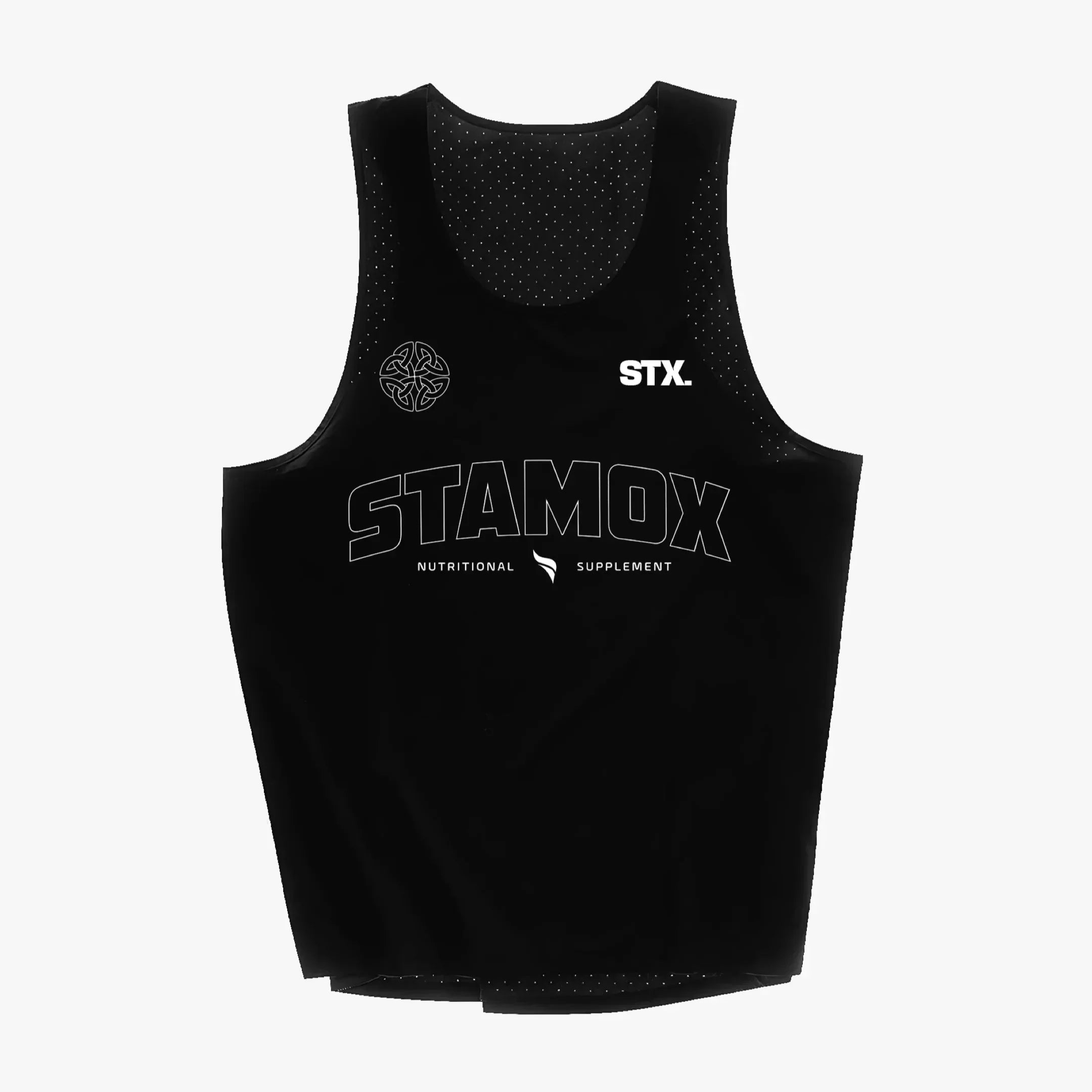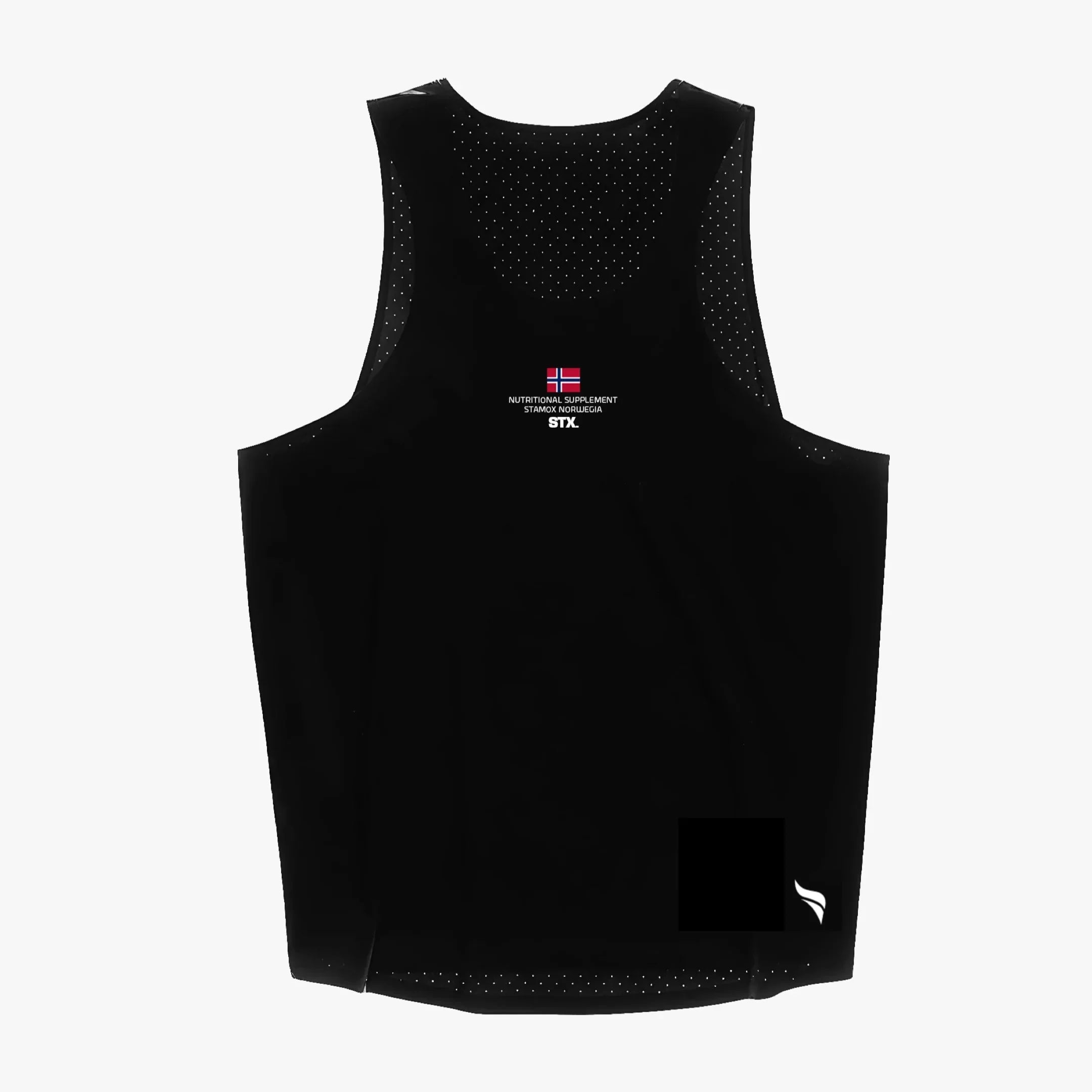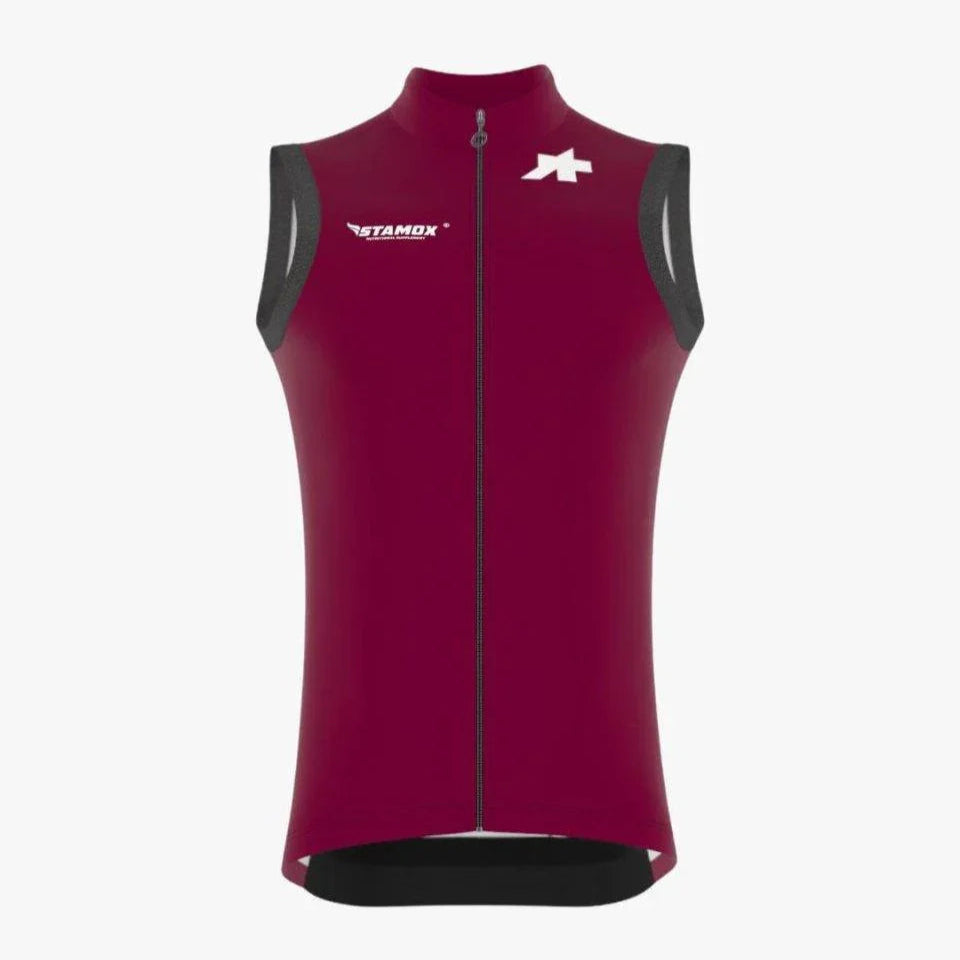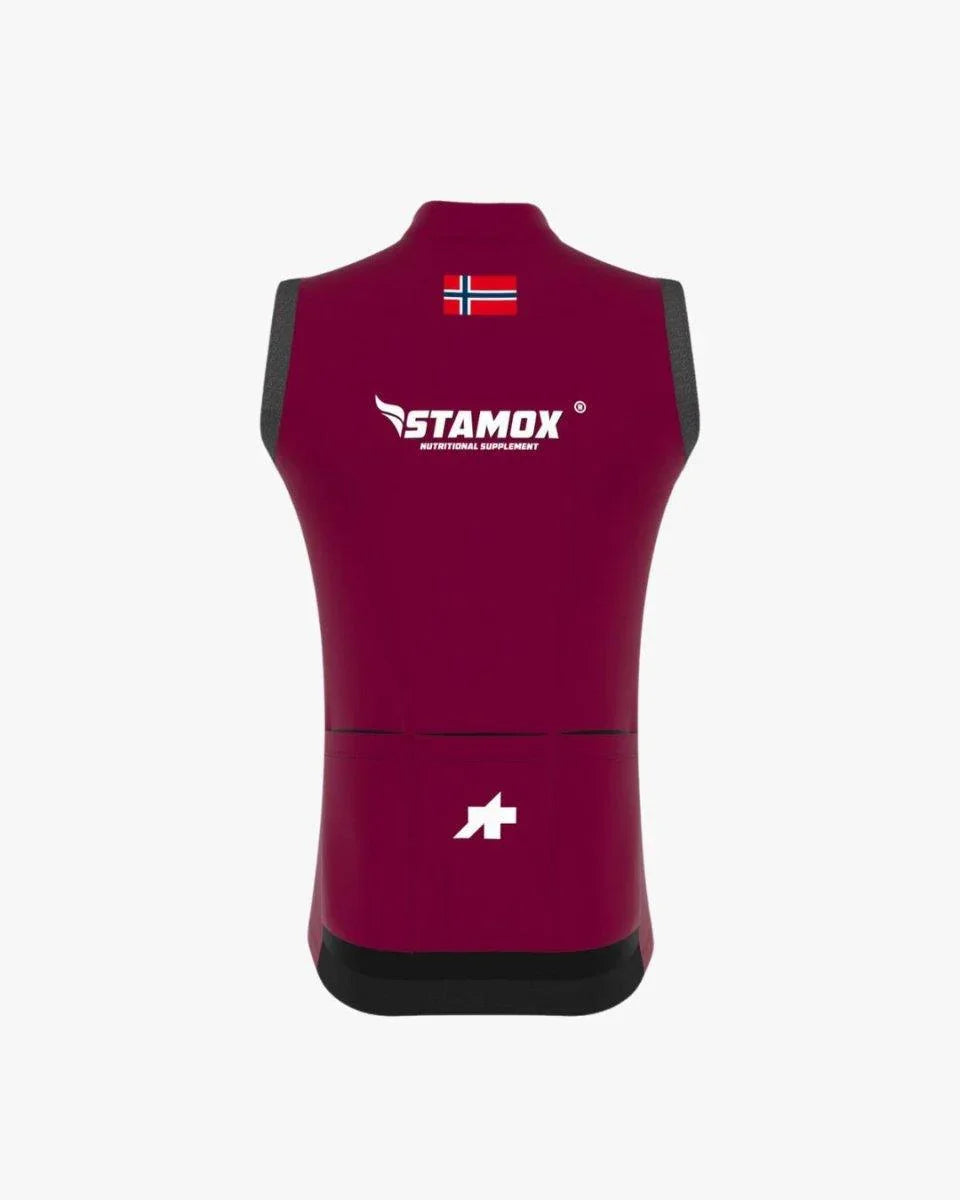The Great Debate: Is Nitrate Supplementation a Game-Changer for Female Athletes?
Nitrate supplementation is a hot topic in sports nutrition, touted for its potential to boost athletic performance. The International Olympic Committee even recognizes it as one of just five supplements with strong evidence for improving exercise performance. So, what's the catch? The vast majority of research has focused on men, and the findings for female athletes are far from conclusive.
While some studies show performance benefits, a significant number of them, especially those focused on women, do not. This has led to a major gap in the research, leaving many female athletes to wonder if nitrate supplementation is right for them.
Why the Research Gap? The Science Behind the Discrepancy
It's easy to assume that nitrate simply doesn't work for women, but the full picture is more complex. A closer look at the existing studies reveals several factors that may be compromising the results. Many of these studies in women didn't account for key variables, such as:
- Antibacterial Mouthwash Use: Since the conversion of nitrate to nitrite relies on bacteria in the mouth, using antibacterial mouthwash can eliminate the very bacteria needed for this process.
- Dosage and Timing: The timing and amount of nitrate intake (both acute and chronic) can impact its effectiveness.
- Exercise Duration: The performance benefits may not be seen in exercises that are either too short or too long.
- Menstrual Cycle and Oral Contraceptives: The phase of the menstrual cycle and the use of oral contraceptives can influence exercise performance and the body's response to supplementation.
These factors, often overlooked in research on women, could be why many studies have shown no benefit.
The Path Forward: Research and Recommendations for Female Athletes
With the number of female athletes reaching parity with men at the Olympic Games, even a slight performance edge can be the difference between a podium finish and falling short. The need for well-designed research on nitrate supplementation in women is more urgent than ever.
To guide future studies, researchers need to:
- Use rigorous study designs like placebo-controlled, crossover, double-blind, and randomized trials.
- Control for key variables like dose, timing, and exercise duration, using the parameters that have been shown to be effective in men.
- Account for female-specific factors like the menstrual cycle phase and oral contraceptive use.
A Practical Guide for Female Athletes
If you're a female athlete considering nitrate supplementation, consulting with a registered dietitian is a great first step. If you decide to give it a try, you should:
-
Test it systematically: Use nitrate supplementation during repeated competition simulations and compare your performance to your performance without it.
-
Track your results: Consistently monitor for performance improvements and any potential side effects, such as mild gastrointestinal issues.
By taking a data-driven approach, you can determine if nitrate supplementation is an effective strategy for you.
This article is based on the research and insights from the article, “Directions for Future Studies to Determine Dietary Nitrate Efficacy in Female Athletes,” authored by Arthur Carvalho, Breno Duarte, and Bryan Saunders.













